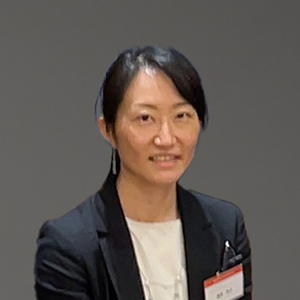Overview
This webinar is now available on-demand.
A prospective study and guidelines for clinical testing
Brain tumors are cancers with the fourth highest number of lives lost and second most common cancer among children between 0 and 14 years and the leading cause of cancer related deaths in children. Analyzing mutations alone would not achieve a full picture of what is driving the tumor and how is it going to behave. DNA methylation testing is an important part understanding this. Less than 10 years ago, we used to classify all brain tumors using histopathological slides alone. Today based on large-scale studies using sequencing methods and DNA methylation studies, we now know that each of these histological entities is composed of multiple molecular subtypes that have a distinct clinical pathological and outcome feature. Focusing on defining brain tumors molecularly rather than histologically, we performed Illumina DNA methylation EPIC Beadchip array for tumor methylation profiling.
Sharing various clinical cases, we show that DNA methylation is currently the only pan CNS tumor assay that incorporates detection of all other biomarkers, decreasing the cost, turnaround time and tissue wastage associated with sequential molecular testing and diagnostic errors. Here, we also suggest guidelines based on unbiased perspective cohort and recommending stratification of CNS tumors based on diagnostic yield and possibility of diagnostic errors.
Attend this webinar and you will have the opportunity to learn:
- How DNA methylation testing can be used in understanding the biology of CNS tumors
- About the clinical utility of tumor DNA methylation profiling in CNS tumor diagnosis
- Prospective guidelines for using DNA methylation profiling in clinical testing
 |
Dr Matija Snuderl, MD |
When Dr Snuderl initially made the decision to pursue a career in medicine, his aspiration was to become a cardiac surgeon. However, as he progressed through medical school, his fascination with the analysis of diseases, particularly cancer, began to take precedence. This newfound interest steered him toward a specialization in neuropathology, where he focused on the examination of nervous system diseases. In his role as a neuropathologist at NYU Langone, he is responsible for diagnosing brain tumors and other brain-related ailments in individuals of all age groups. Serving as the Director of Molecular Pathology, he oversees molecular and genomic profiling, a laboratory technique that enables his team to provide precise diagnoses for various types of brain tumors. The Snuderl lab (NYU Langone) focuses on identifying novel biomarkers for diagnosis and therapy. It studies cancer genetics and epigenetics and examines the molecular differences between tumors at the cellular level. Their team discovered several novel molecularly defined subtypes of brain tumors and contributed to the development of DNA methylation–based classification of brain tumors, an approach that uses machine learning and epigenetic signatures to diagnose brain tumors more effectively. Their laboratory is the first in the United States to provide this test to people with brain tumors. |
 |
Reiko Fujiwara |
Reiko Fujiwara is a member of the Illumina Product Marketing team, representing and managing core library preparation kits and microarray portfolio for the Asia, Middle East and Africa (AMEA) region. Over 15 years, she had held several roles in the technical support and marketing in biotechnology industry within Japan after receiving a master's degree in biology from Kyoto University. In the last four years, she has expanded the scope of her responsibilities to serve customers across AMEA. |